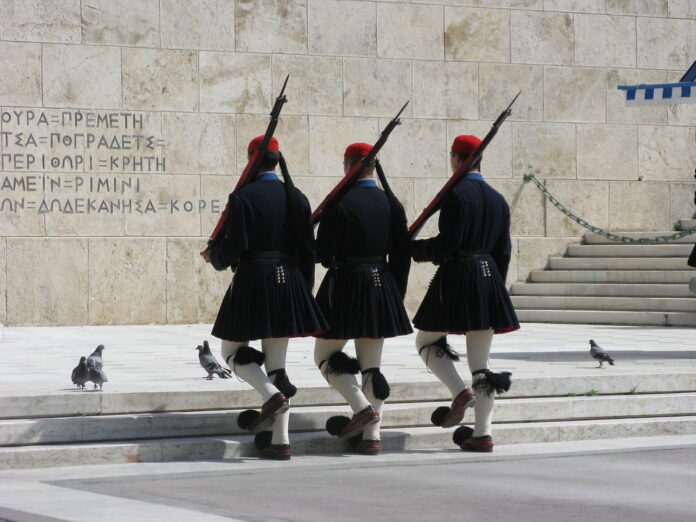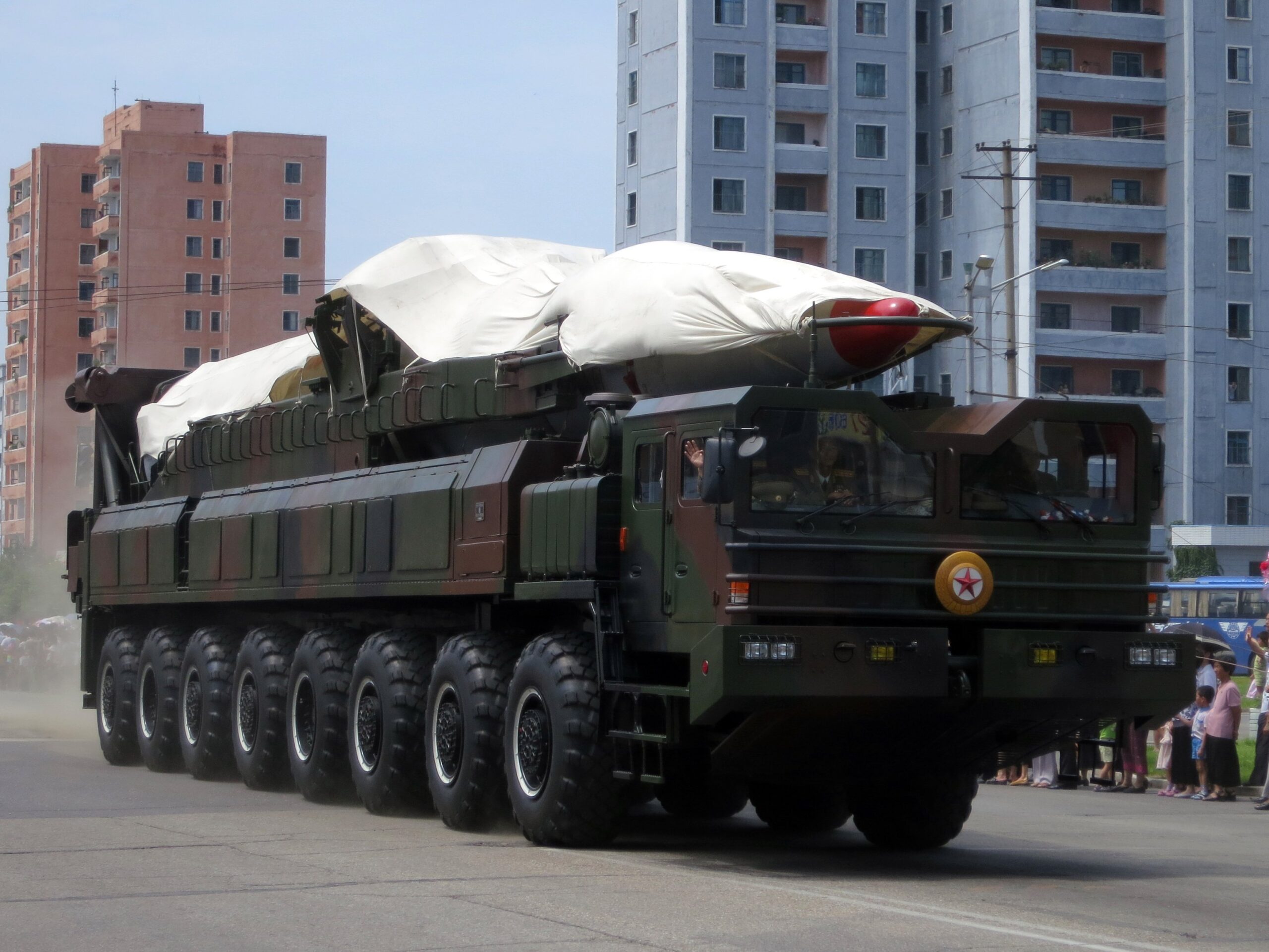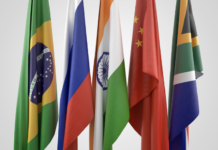![]()
If someone were to take a walk around our nation’s capital, they would see dozens of Ukrainian flags being flown from doors and window sills. Many of these flags are displayed by people who have no connection to Ukraine or its people, but they are deeply sympathetic to the cause of Ukrainian freedom. The vast majority of the Western world reacted passionately to the 2022 invasion because the Ukrainians presented the world with a symbol of hope—a reminder that there are everyday people who are willing to fight and die for their democratic system of government and national identity. As countries seem to fall in ever greater numbers into the trappings of autocracy, Ukraine has stood as the voice crying out in the wilderness. On October 28, 1940, another country in the periphery of Europe shined as a bright light in a continent that had been dominated by a dictatorships. Greece and its people, in a moment of incomparable bravery, responded to Benito Mussolini’s ultimatum that they surrender, with a resounding “oxi”, meaning “no.” However, surrounded by so many other events that determined the course of history, this patriotic clamor has largely been forgotten.
The state of Europe in late October 1940 was anything but advantageous for any country that sought to maintain its sovereignty. France and its once proud army stood entirely humiliated and defeated, along with every other state in Europe that had said “no” to the Axis powers. Great Britain, the sole remaining adversary of the Axis, was in the process of rebuilding its army and desperately holding on to its possessions in the Eastern Mediterranean, most importantly the Suez Canal. Recognizing a position of absolute power, Italian dictator Benito Mussolini saw an opportunity. Finally, now that no enemies remained on the European continent, he could conquer lands to create a new Roman Empire. High up on his list was the small Greek nation, a country full of proud people but hampered by external and internal crises since its independence from the Ottoman Empire. Mussolini surely felt that, faced with the might of the Italian and German armies, the Greeks would prefer to surrender, just as the French had once their frontlines had been breached. Therefore, he sent an ultimatum demanding their surrender. To his surprise, the Greeks responded with a resounding “no”, they would rather fight than give up. Mussolini had left himself with no choice but to invade, so he did. Mussolini and Hitler intended to encircle Russia, with the Italian forces marching through Greece and attacking from the south, and the German forces attacking from the North. The war should have been an easy victory for the Italians; they even had an ideal staging ground in Italian-controlled Albania that directly bordered Greece. However, the Greeks, despite being under-equipped and not ready for war, pushed the Italian troops back into Albania, securing the first major Allied victory of the war. Because the Italian forces were met with a determined Greek people, they were unable to reach Russia before winter, altering Hitler’s plans, and thus the direction of the war.
The parallels between this heroic act and that of the modern-day Ukrainians are highly apparent. Faced with the prospect of complete defeat in the Balkans, the Italians requested help from their German allies, who responded by invading Yugoslavia and then Greece, putting an end to formal Greek resistance after five months of fighting. The Greeks, with help from the Allies, held on far longer than the French with their millions of men, had. Greek resistance continued throughout the war, but their contributions in the initial fight alone were enough to water the seed in the minds of the Allies that the war could be won.
The story of World War II often focuses on the courageous resistance of Winston Churchill and the British people who held on no matter the threat posed by the Germans. However, popular history has left aside the tale of resistance of a people who were not separated by miles of water from the German war machine. The Greeks, much like the Ukrainians, knew what consequences awaited them if they did not surrender. Yet, they knew deep within themselves that a heroic fight would be far better than a humiliating capitulation. On October 28, 2023, all freedom-loving people of the world should celebrate Oxi Day because it represents the purest form of collective bravery. The memory of these Greeks who rose to the challenge must be remembered and serve as an inspiration for all those who see their liberties threatened.












